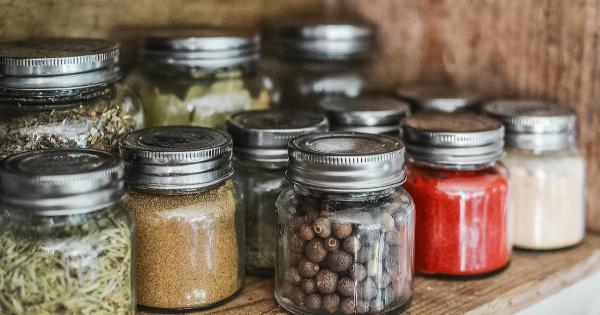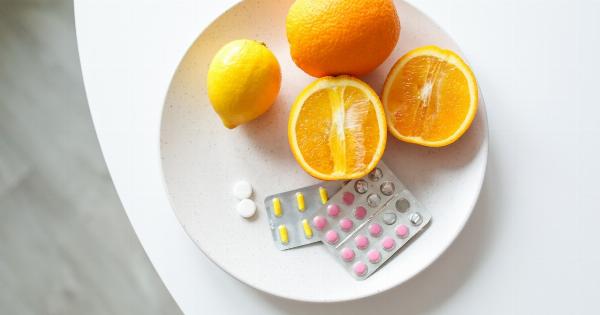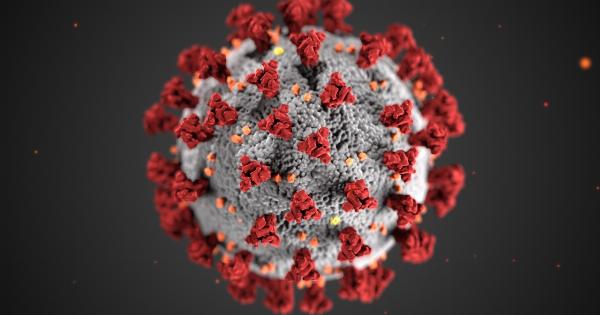Mucus is a viscous substance that is secreted by the mucus membranes that line various parts of the body, including the nose and throat.
It is essential for maintaining healthy respiratory function, but excess mucus can cause discomfort and contribute to various respiratory conditions.
What is mucus?
Mucus is a gel-like substance that is primarily composed of water, proteins, and glycoproteins. It also contains immune cells and other compounds that help protect the body against infection.
How is mucus produced?
Mucus is produced by specialized cells known as goblet cells that are found in various mucus membranes throughout the body. These cells secrete mucus in response to various triggers, including irritation and infection.
In the nose and upper respiratory tract, mucus serves to trap dirt, dust, and other potentially harmful particles that enter the body through the air we breathe.
As mucus forms, cilia – small, hair-like structures on the surface of the mucus membrane – move the mucus and trapped particles up toward the throat where we swallow or spit it out.
What causes excess mucus production?
Excess mucus production can be caused by various factors, including allergies, infections, and exposure to irritants such as cigarette smoke and pollution.
Certain medical conditions, such as sinusitis and post-nasal drip, can also cause an increase in mucus production.
Symptoms of excess mucus production
Excess mucus production can result in the following symptoms:.
- Difficulty breathing
- Feeling of congestion or “stuffiness” in the nose and throat
- Thick or discolored mucus
- Coughing
- Sneezing
- Sore throat
- Post-nasal drip
Treatment for excess mucus production
The treatment for excess mucus production depends on the underlying cause. In some cases, over-the-counter medications such as decongestants and antihistamines can help alleviate symptoms.
In other cases, prescription medications or allergy shots may be necessary.
In addition to medication, lifestyle changes such as avoiding irritants like cigarette smoke, drinking plenty of fluids, and using a humidifier can also help reduce mucus production and relieve symptoms.
Conclusion
Mucus is an essential substance that helps protect the respiratory system by trapping potentially harmful particles. However, excess mucus production can cause discomfort and contribute to various respiratory conditions.
Understanding the causes and treatment options for excess mucus production can help individuals better manage their symptoms and maintain healthy respiratory function.





























